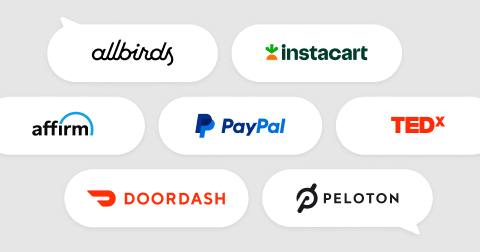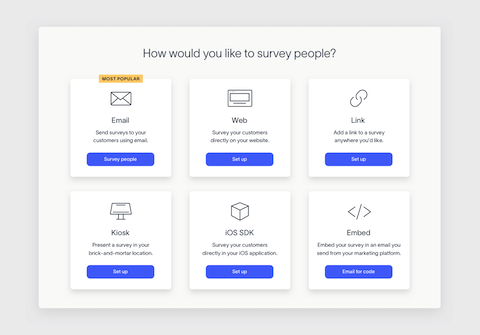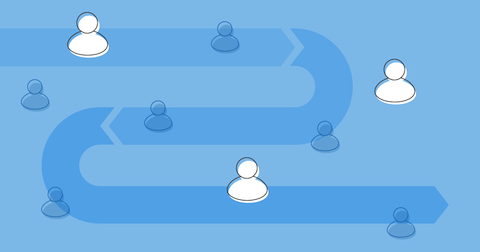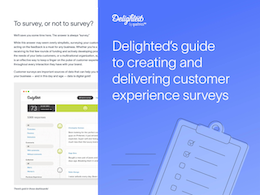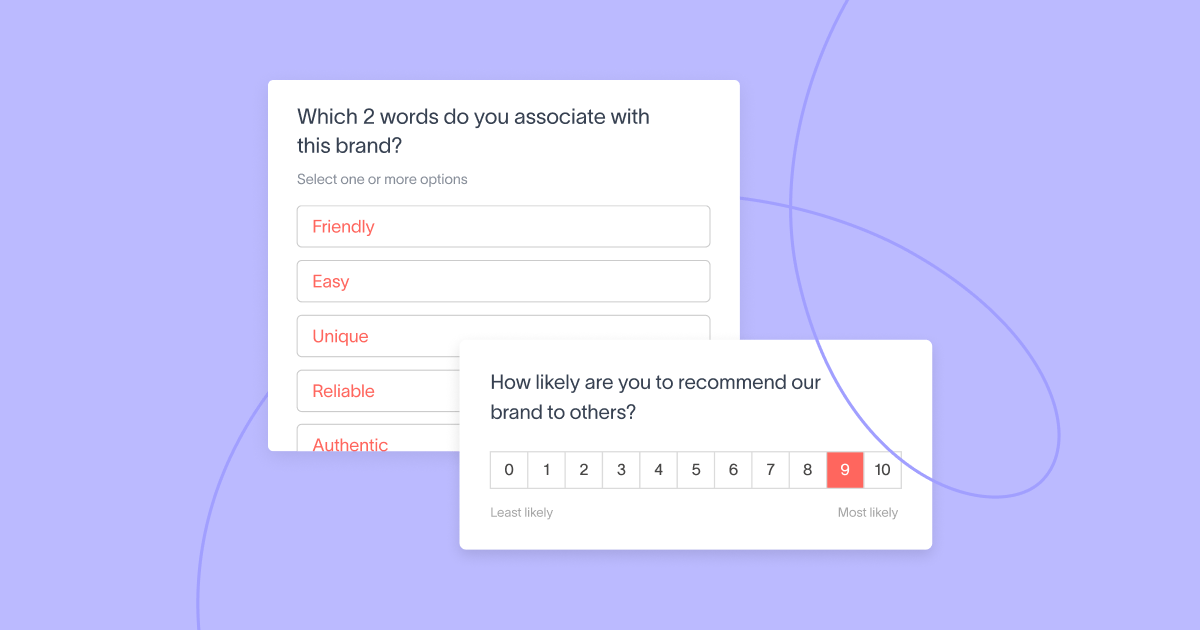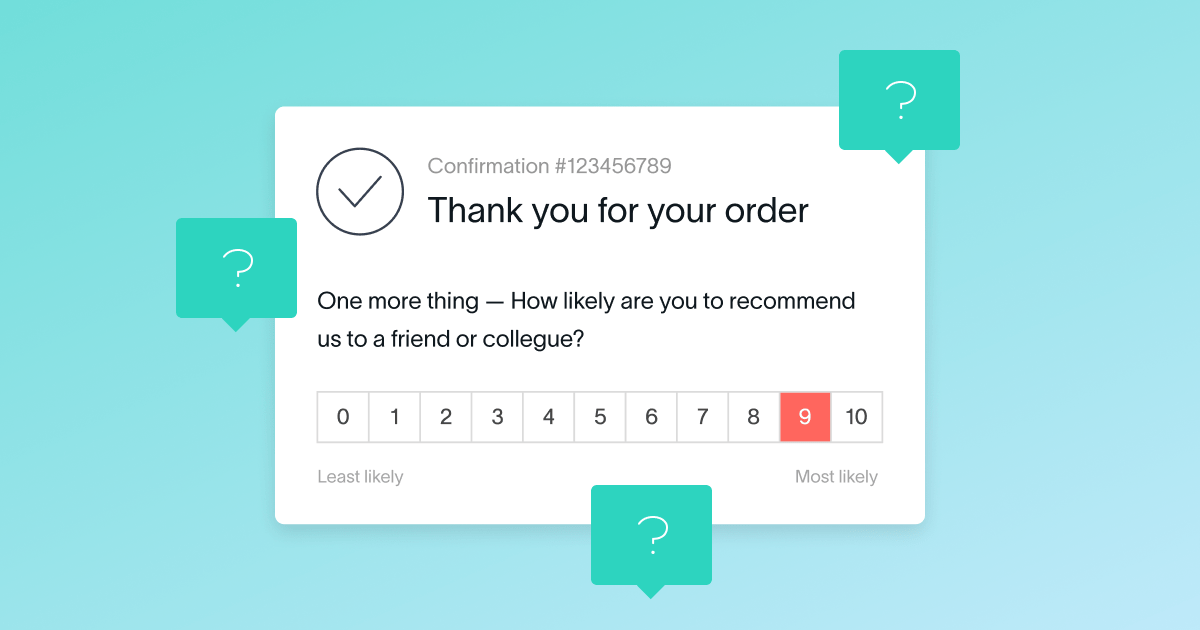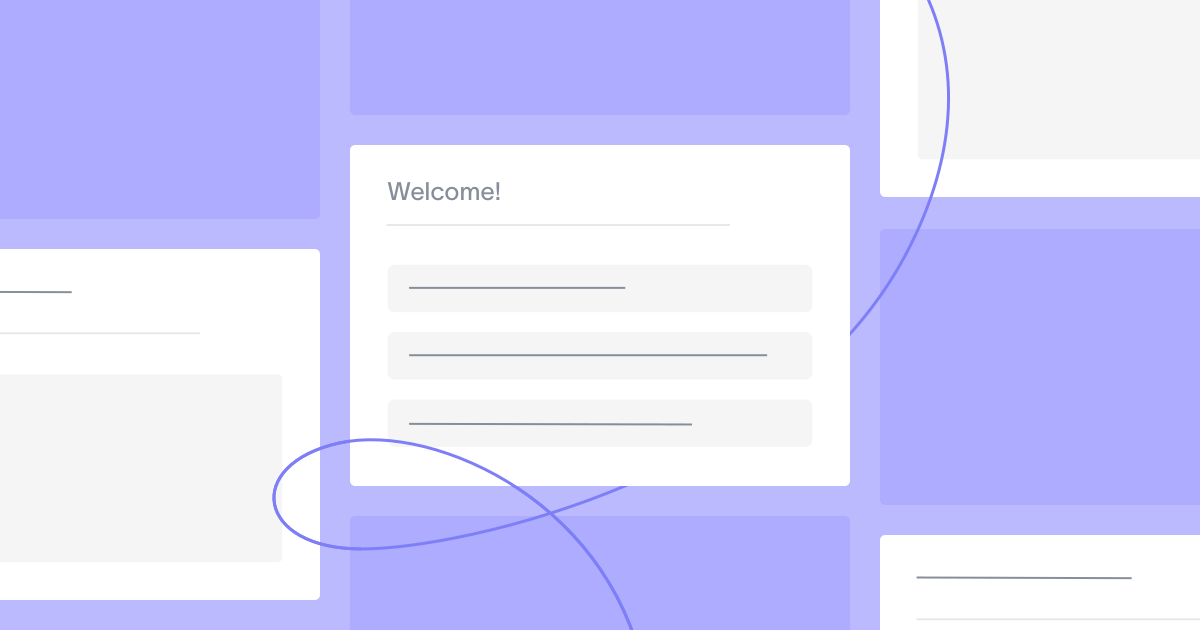Haphazardly crafted surveys are everywhere. It’s an epidemic. Surveys can suffer from a variety of issues, and they all result in the cardinal sin of squandering customers’ precious attention. One of the most notorious time wasters is when a company asks for information they already have.
Consider this all too common scenario:
You book a flight to Maui for a long overdue vacation. You land, check your email while taxiing to the gate, and find a customer feedback survey from your airline waiting in your inbox.
Here are the first 3 questions:
What is your email address?
What was your flight number?
Which airport did you depart from?
Right off the bat, you’re asked 3 things that the airline certainly already knows. They sent you the survey via email, so they have your email address. They knew when to send the survey – after you landed – so they know your flight number. And if they know your flight number, they know your departure airport.
Why are they wasting time collecting information they already have? Customer feedback is a gift, not a right. Don’t squander that gift by asking superfluous questions. At best it’s a missed opportunity – at worst it’s offensive.
So why does this happen? To be fair, the likely reason is that the people administering the survey simply can’t muster the engineering resources required to build a survey that is deeply integrated with existing customer data. As a result they fall back on a hodgepodge of antiquated tools that makes correlation to customer data virtually impossible. While unfortunate, that’s no excuse! Customers don’t care about office politics or the deficiencies of your tools. That’s your problem.
The easiest way to avoid this sort of mistake, is to move away from hand-crafted surveys, and incorporate a modern customer feedback product into your arsenal. These allow you to attach any amount of customer data to surveys upfront, so you’re not foisting the responsibility onto your customers. Even better, the best products allow you to deliver surveys directly from the place where your customer data lives, by integrating with CRM tools like Salesforce, or payment processors like Stripe.
Respecting your customers’ time is the key to running effective customer feedback programs. Removing superfluous survey questions leads to increased completion rates, happier customers, and higher quality feedback.
